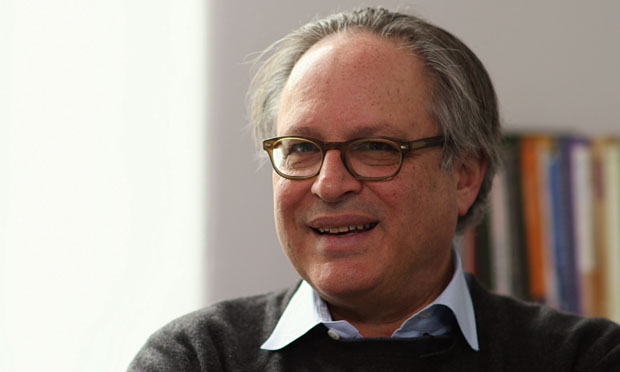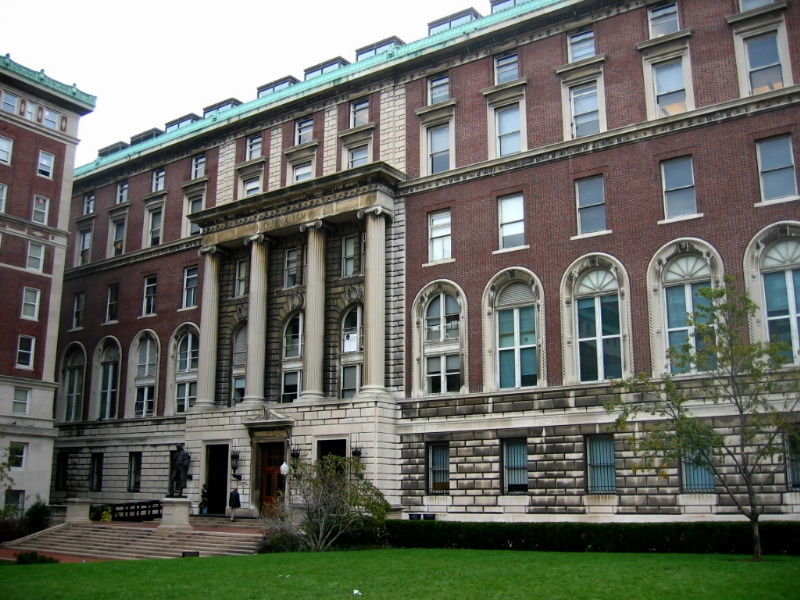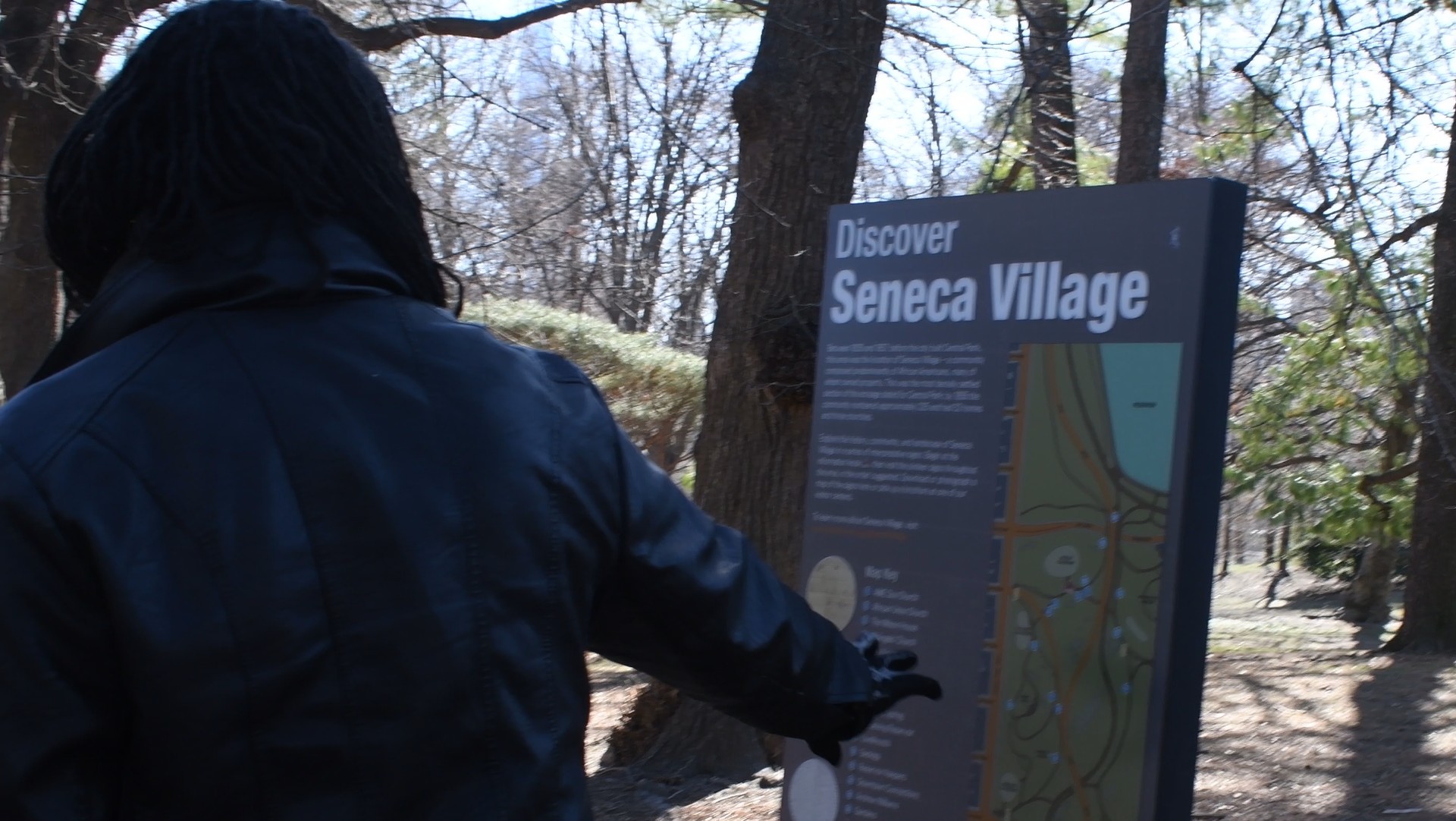Columbia School of Journalism
On January 24, Buzzfeed, Huffington Post and several other American digital media outlets announced massive, company-wide layoffs – a total of 1000 jobs would be disintegrated. The layoffs were chilling to witness; Twitter soon flooded with messages from well established journalists and columnists, all of them announcing that they were now out of work and uncertain about future employment.
It wasn’t the first time that the industry seemed to contract, but it was the largest blow to digital media yet, and it signified that the new platform may not be able to save journalism. Alex Pareene wrote for the Columbia Journalism Review: “What became clear this week is that if the digital natives do survive, it might not have much to do with news gathering.” The most recent round of layoffs hit at a crucial time in American politics, and it left a lot of people wondering: What will happen to journalism? It’s a question that feels impossible to ignore at journalism institutions where professors, who are journalists themselves, are tasked with teaching the next generation.

Ted Conover
“My initial reaction is horror and sadness for those journalists who lost their jobs,” said Ted Conover, who is the director of the Arthur L.Carter Institute of Journalism at NYU. “And also that it is coming in the digital area, which we’re less accustomed to, I think than the fairly steady state of disruption that has characterized all journalism for at least a dozen years.”
Conover shared that even though journalism has been an industry in decline, NYU is still seeing success with their graduates. He explained that 61 percent of NYU Journalism undergraduate majors were employed in their field following graduation – a high number considering that many who major in journalism don’t necessarily expect to pursue it as a career.
“I totally worry about the value proposition, and I feel sick every time I hear a story of journalists being laid off,” Conover continued. “But overtime, even as one kind of journalist has been losing his job, another kind of journalist has been getting one.”
“I was expecting this,” explained Nicholas Lemann, the former Dean of Columbia Journalism School. “It’s was dwarfed by the 15 year shrinkage of the headcount, particularly in the newspaper – it was much much bigger numbers.”

Nicholas Lemann
Lemann explained that during his ten years at Colombia, he and the rest of the staff made sure to not only monitor the changes to the industry, but to make sure that their institute contributed to the conversations about creating an industry of sustainable journalism. “When I was dean, I tried very hard to make the school a center of that conversation.”
Mohammed Bazzi, who teaches NYU’s introductory undergraduate journalism course, Journalistic Inquiry, says that it is important to think about undergraduate and graduate journalism programs differently – highlighting that grad programs involve students specifically entering a program to further enhance their skills and enter the job market. This makes the increasingly volatile state of the industry more worrying.
“Digital media is now hitting some of the same walls and some of the same barriers that legacy and print media has had,” Bazzi said. “The industry seems to be going through another phase of retrenchment… for graduate programs it’s a different calculation. My worry and fear would be, you know, for graduate journalism programs to not become like MFA programs, which I think is the trajectory of where they’re headed.”

NYU’s Arthur Carter Journalism Institute
For Lemann and Conover, this worry didn’t seem to occur to them. Both believed that their institutions offered valuable instruction and access to the field that people pursuing journalism might not otherwise be able to benefit from outside of their institution. And neither believe that the need for journalism will lessen.
“I personally think that there is zero chance that journalism as a function of society will completely disappear, it’s too important. We need to have a conversation to figure out how to pay for,” Lemann said.
Conover echoed that sentiment.
“Anybody who enters journalism these days needs to do so with their eyes wide open,” Conover said. “But I do believe journalism isn’t going to go away, regardless of how much our current president wishes it would. There’s an important fight to be fought and we’re a great way to prepare for that.”


